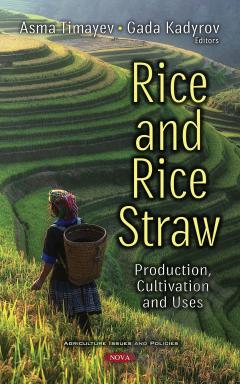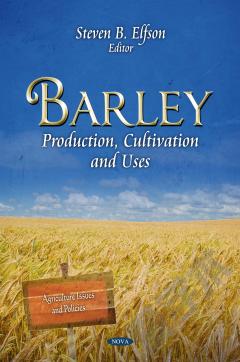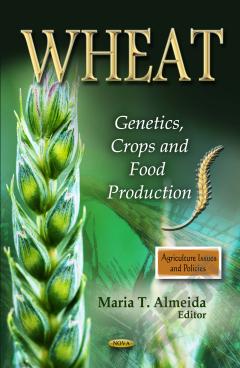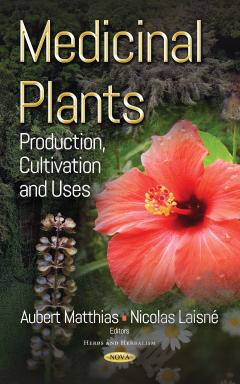Rice and Rice Straw: Production, Cultivation and Uses
Rice and Rice Straw: Production, Cultivation and Uses opens with a discussion on rice straw, a substance rich in polysaccharides with a high lignin and silica content, limiting voluntary intake and reducing degradability by rumen microbes. The authors suggest that the treatment of rice straw could be a good potential feed for ruminants. Next, the authors revise the fractionation processes used for the recovery of hemicelluloses from rice straw, subsequently providing a critical appraisal of the potential products that can be derived from it, and what conversion and purification processes are necessary for their production. Additionally, the current and potential industrial status of these products is presented. A discussion on the essential improvement of the biotechnology sector in order to attain a continuous supply of rice is offered, especially focusing on genetic modification. Later, the main strategies in weed control in rice are reviewed, also touching on the impacts of rice cultivation in the environment and the genetically modified rice cultivars on weed control. Afterwards, the physical, chemical, thermochemical, and biological pretreatments of biomass are described, especially non-catalytic pretreatment of rice straw. The techno-economic analysis of thermochemical and biochemical platforms is also summarized. The authors present strategies for reducing and re-using rice straw, exploring the direct use of rice straw as filler, roofing, animal food, fuel, and even burning process in an open field. Finally, the proximate composition, lipids, utilization, and future perspectives of rice bran are reviewed.
{{comment.content}}








 京公网安备 11010802027623号
京公网安备 11010802027623号